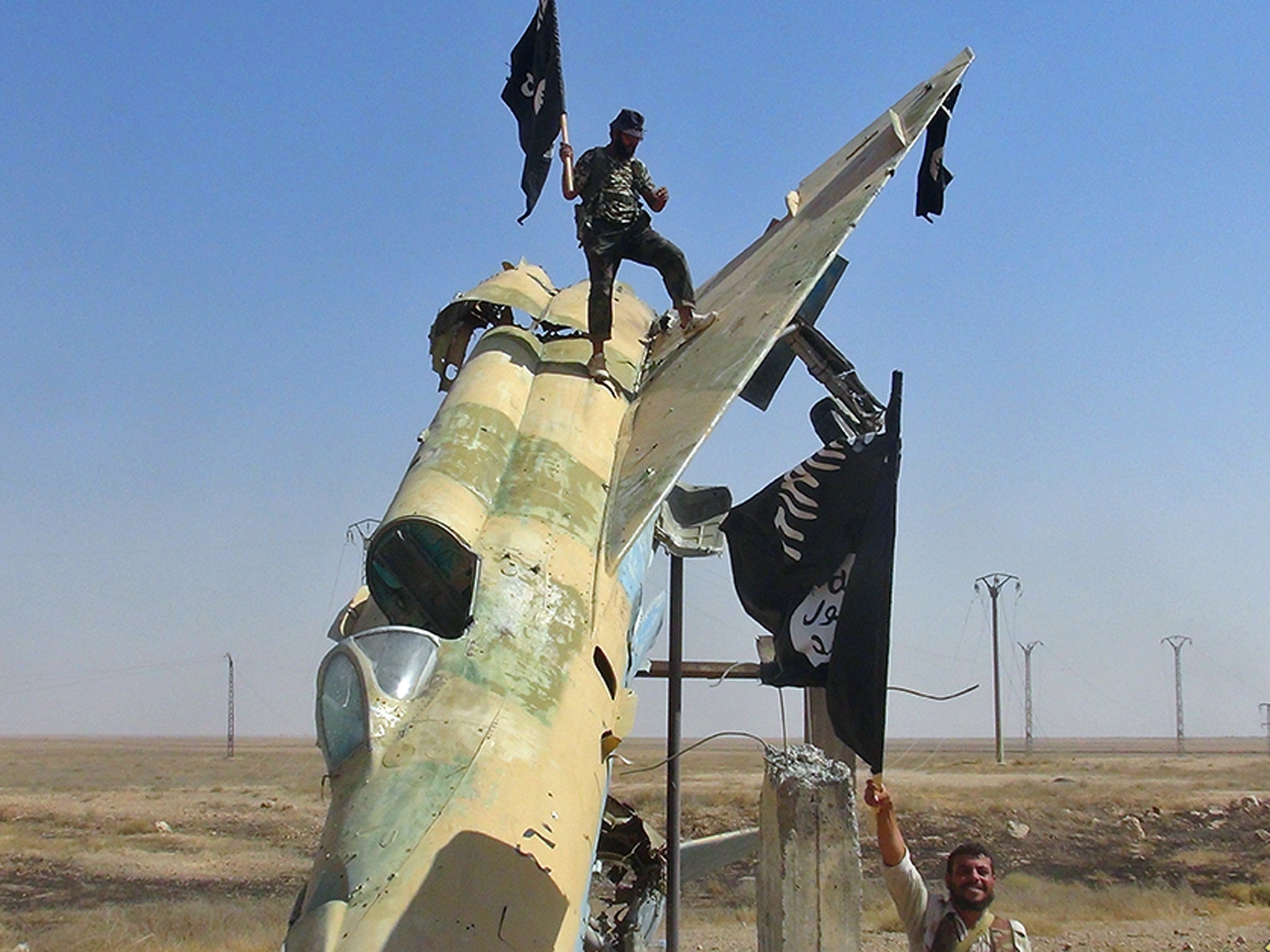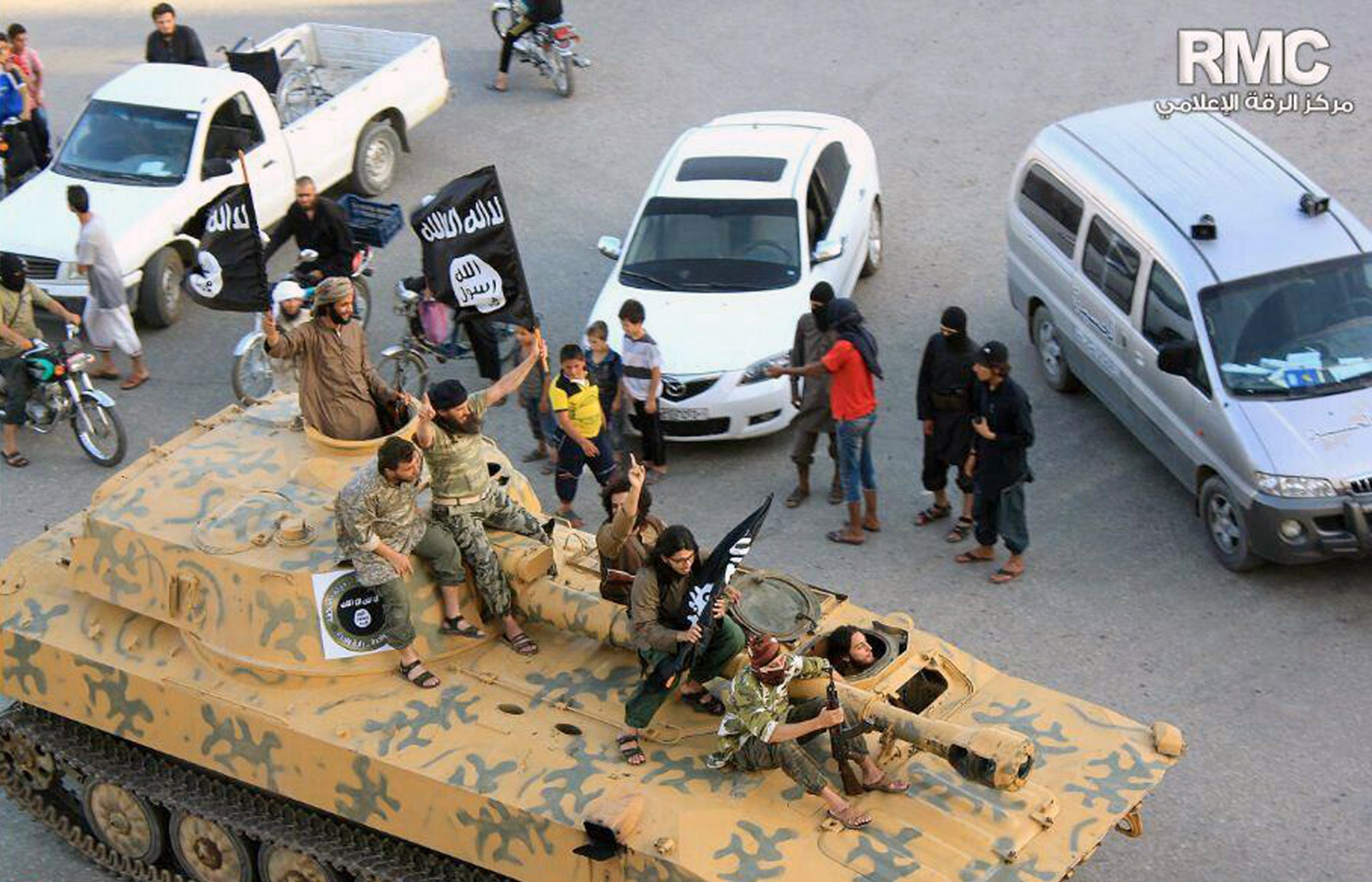How Isis became the wealthiest terror group in history
Islamic State militants are better resourced than any other terrorist group, according to intelligence officials

Islamic State (Isis) militants are taking in more than $3m (£1.8m) a day through oil smuggling, extortion, theft and human trafficking, say intelligence officials and experts.
Aid workers, researchers and intelligence agents say that as the group has taken over sections of Iraq and Syria it now controls as many as 11 oil fields in both countries. It is using generations-old smuggling networks to bring in the trade from oil and other goods. It is also making money from extorting cash from people in the areas they have seized, kidnapping for ransom and from human trafficking.
"There's a lot of money to be made," said Denise Natali speaking about the oil trade. Natali is an American aid official who worked in Kurdistan and is now a senior research fellow at National Defense University. “The Kurds say they have made an attempt to close it down, but you pay off a border guard you pay off somebody else and you get stuff through” she told the Associated Press.
The price of Islamic State smuggled oil is discounted —$25 to $60 for a barrel of oil that normally sells for more than $100.But its total profits from oil are exceeding $3 million a day said Luay al-Khatteeb, a visiting fellow at the Brookings Institution's Doha Center in Qatar.
Another expert, an American intelligence official speaking on condition of anonymity said the militant group’s resources exceed that "of any other terrorist group in history,"
The Obama administration is pressing the governments in Kurdish controlled northern Iraq, Turkey and Jordan to do more to crack down on the activity.
As well as selling oil the group has earned hundreds of millions of dollars from smuggling antiquities out of Iraq to be sold in Turkey, al-Khatteeb said, and they are making more from human trafficking by selling women and children as sex slaves.
Before taking over the town Mosul in northern Iraq in late June the group was “taxing” local economic activity and threatening people who would not pay them. Once it had taken control of Mosul, the group stole millions in cash from banks.
Another source of income comes from kidnapping and ransom. Earlier this year four French and two Spanish journalists held hostage by Islamic State extremists were freed after their governments paid multimillion-dollar ransoms through intermediaries.

The Islamic State group were originally funded by wealthy donors in the Gulf states but this stream of funding has diminished since the group's violent tactics have drawn worldwide attention.
American officials say that that the group’s reliance on oil as their main source income could be disrupted by airstrikes, but no decision has made to target Iraqi or Syrian oil infrastructure, which is manned by civilian workers who might have been conscripted.
Additional reporting by the Associated Press
Join our commenting forum
Join thought-provoking conversations, follow other Independent readers and see their replies
0Comments